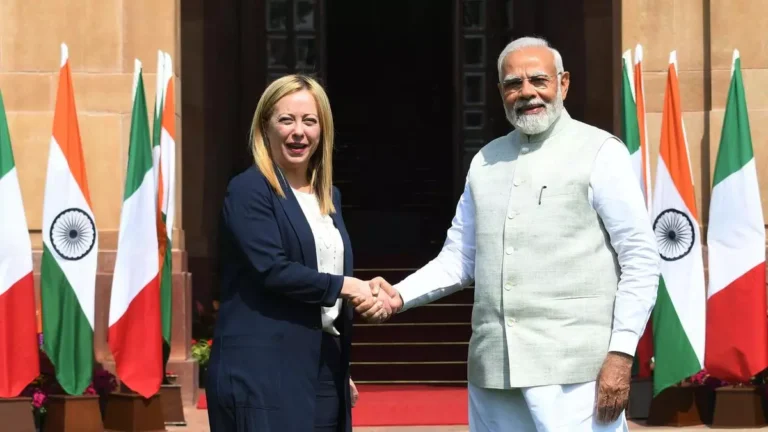
The 18th Lok Sabha, the lower house of India’s Parliament, has been a dynamic arena where critical decisions have been made, policies debated, and the nation’s future shaped. As this parliamentary term progresses, it’s pertinent to reflect on its achievements, challenges, and the path forward.
Achievements:
Legislative Reforms:
Under the leadership of Prime Minister Narendra Modi, the 18th Lok Sabha has witnessed the passing of several landmark legislations aimed at driving economic growth, social welfare, and governance reform. Bills such as the Goods and Services Tax (GST) Act, the Insolvency and Bankruptcy Code (IBC), and the Citizenship Amendment Act (CAA) have sought to streamline taxation, facilitate business operations, and address citizenship concerns, respectively.
Infrastructure Development:
The government’s focus on infrastructure development has been a key highlight of this term. Initiatives such as the Pradhan Mantri Gram Sadak Yojana (PMGSY), the Smart Cities Mission, and the Bharatmala Pariyojana have aimed to enhance connectivity, urban planning, and transportation networks across the country, fostering economic growth and regional development.
Social Welfare Programs:
The 18th Lok Sabha has seen the expansion and implementation of several social welfare programs aimed at improving the lives of marginalized communities. Schemes such as the Pradhan Mantri Jan Dhan Yojana (PMJDY), the Pradhan Mantri Awas Yojana (PMAY), and the Ayushman Bharat Scheme have focused on financial inclusion, affordable housing, and healthcare accessibility, respectively.
Challenges:
Economic Slowdown:
Despite legislative reforms and infrastructure investments, the Indian economy has faced challenges such as sluggish growth, unemployment, and agrarian distress. The COVID-19 pandemic exacerbated these issues, leading to disruptions in supply chains, business closures, and job losses. Addressing these economic challenges remains a top priority for policymakers in the 18th Lok Sabha.
Social Unrest:
The passage of certain contentious legislations, such as the CAA and the farm laws, has sparked protests and social unrest in various parts of the country. Debates surrounding issues of citizenship, farmer rights, and social justice have polarized public opinion and led to calls for dialogue, consensus-building, and inclusive governance.
External Relations:
The 18th Lok Sabha has navigated a complex geopolitical landscape characterized by tensions with neighboring countries, strategic alliances, and global uncertainties. Maintaining diplomatic relations, fostering regional cooperation, and safeguarding national security interests have been paramount in India’s external engagements.
Future Prospects:
Economic Recovery:
As India strives to recover from the economic impacts of the pandemic, the 18th Lok Sabha must focus on stimulating growth, reviving consumer confidence, and fostering entrepreneurship and innovation. Structural reforms, investment in human capital, and promoting sustainable development practices will be key drivers of economic recovery in the post-pandemic era.
Social Cohesion:
Building social cohesion and addressing grievances through dialogue, empathy, and participatory governance will be crucial for the 18th Lok Sabha. By fostering inclusivity, respecting diverse perspectives, and upholding constitutional values, policymakers can promote harmony and unity amidst societal diversity.
Technological Innovation:
Embracing technological innovation and digital transformation will be essential for India’s progress in the 21st century. The 18th Lok Sabha can leverage emerging technologies such as artificial intelligence, blockchain, and renewable energy to drive efficiency, transparency, and sustainability across sectors.
In conclusion, the 18th Lok Sabha has been a period of significant legislative achievements, socioeconomic challenges, and strategic imperatives. As India marches forward, it is imperative for policymakers, stakeholders, and citizens to collaborate, innovate, and chart a course towards a prosperous, inclusive, and resilient future.




